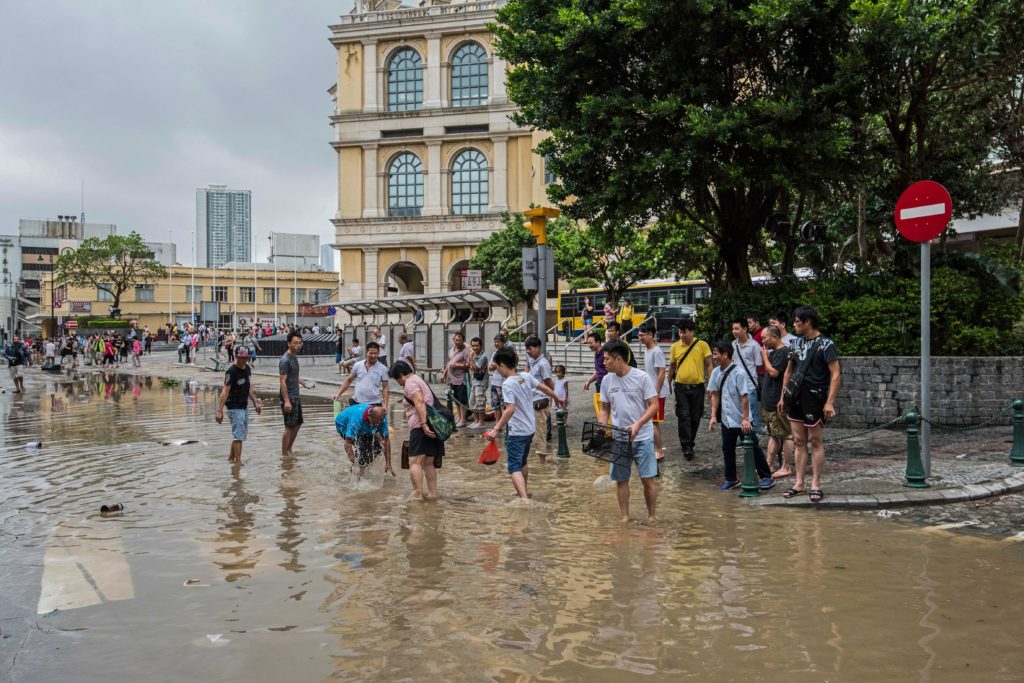Macau Casino Crisis Shut Down Protocol Proposed Under New Bill
Posted on: June 30, 2018, 12:00h.
Last updated on: June 29, 2018, 04:34h.
The highest authority in Macau could soon be granted executive powers to shut down the gambling hub’s casinos in times of crisis.

On Thursday, the Macau government launched a public consultation on a new civil protection draft bill. The aim of the bill is to help the government to respond more efficiently to “unforeseen public incidents” and natural disasters.
It would give the chief executive of Macau the right to pull the plug on gambling operations when the going gets tough. Chief executive is the highest political position in the Chinese autonomous special administrative region. Since 2009, it has been occupied by Fernando Chui.
The move comes as a direct response to Typhoon Hato — a category ten storm that battered the enclave in August last year — for which the casino sector, the government, and weather forecasters were woefully unprepared.
Typhoon Hato Shocked Macau
With wind speeds of 124 miles per hour, it was the strongest storm to hit Macau in 53 years. Macau’s Meteorological and Geophysical Bureau failed to classify the storm as a maximum category ten typhoon until it was too late.
Hato caused causing severe flooding and widespread disruption to water and electricity supplies, as well as damage to infrastructure that severely disrupted the enclave’s tourism industry. More than 200 people were injured.
At the time, The South China Morning Post described a “trail of destruction… with streets filled with massive piles of rubbish, dead fish, furniture, torn down billboards and scaffolding, as several uprooted trees and shuttered windows still lay on the streets on [more than 24 hours later].”
Macau’s residents complained about slow rescue operations and a lack of contingency planning from government officials. Meanwhile, more than half of Macau’s hotels were still without power or water the day after the Hato hit, and many casinos were closed, or partially closed. But several soldiered on.
Macau Casinos Employee Protests
Casino employees organised public demonstrations to protest that they had been required to attend work, despite the perilous conditions, and many were docked wages for being late or absent.
In the storm’s aftermath, Macau’s Commission Against Corruption (CCAC) launched an investigation to determine whether the meteorological bureau had delayed issuing a category 10 warning to protect the casinos’ revenues.
It ultimately concluded the bureau did not violate the law, but bureau chief Fong Soi Kun resigned after a public apology for the bureau’s failure to ensure residents were protected.
Under the new proposal, power to shut down Macau’s casinos in extreme circumstances would only be exercised by the chief executive and could not be delegated to other officials.
No comments yet